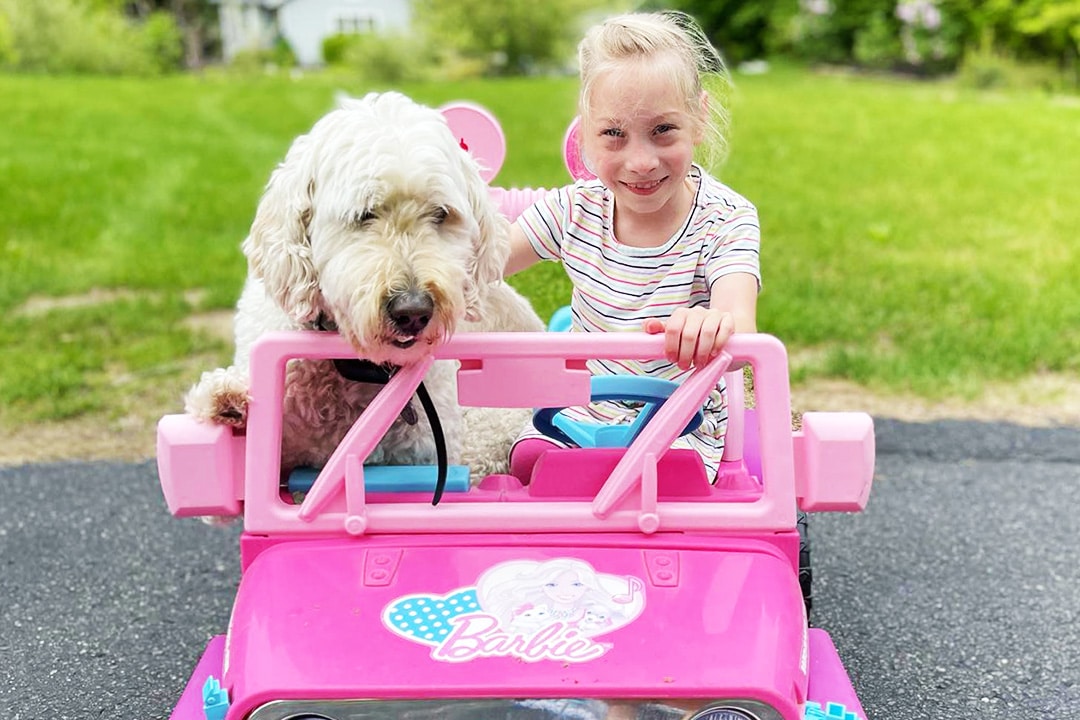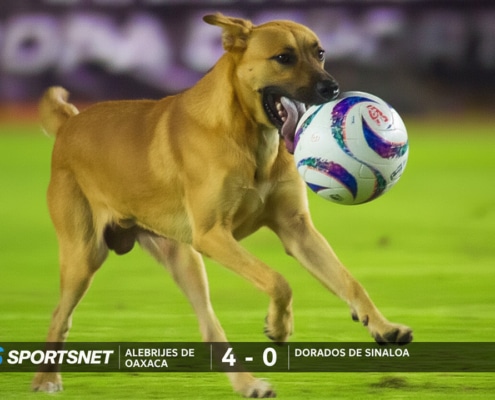Maya & Abby
Cerebral palsy: A neurological disorder that affects muscle coordination and movement which in turn leads to physical and emotional challenges
When we wake up in the morning, get out of bed, and go and make a cup of tea or coffee, we don’t consider what it is like for those who can’t just step out of bed and walk. What we do naturally without a moment’s thought is for others either a huge chore or an impossibility. For adults, this is tough enough, but for children…..enough said.
What we definitely know is that our pets are not just animals. In fact, the term animal is rarely used because we don’t view them as such. They are part of our family, and in some families, the contribution of the pet is beyond measure. It’s not just their physical presence because we all know the benefits that they bring to our lives. But almost certainly at the top of the list is companionship. Years ago, I promised Joy that when we lost our last pet, I would not replace him, and we could travel a bit.
I lasted five days!!
It did my head in. No dog. I was told that I didn’t need a dog for going for a walk, but for me, the walks in the olive groves with my dog are the reason for the walk. I see other people going for a walk without either human or canine companionship, but I just don’t get it.
Maya was born with cerebral palsy, and naturally, the family were concerned about how she would cope with the obstacles that this condition would present. It is easy for anyone, particularly a child, to sink into despair, become depressed as they see other children being able to do things that they cannot. It must be dreadful having to explain to a child that they have a medical condition that is no fault of their own. Whilst it’s not a solution for every family, sometimes the solution is readily available.
Enter Abby the dog (with a twist)
From the start, as Maya used her walker to get around, Abby was to be found close by. When she had her therapy, Abby stayed close to the bench. Abby also stayed close when Maya played with her dolls and listened patiently while Maya gave her thoughts on the important issues of the day. Maya also read to Abby, who again listened patiently to every word despite having no understanding of what was being said.
One of Maya’s favourite pastimes was to play vet. Yet again, Abby allowed herself to be inspected all over as she would if we were visiting the veterinary surgeon. It was noticed that Maya would use Abby as a support when she tried to get to her feet; however, the contact was so gentle, as if Maya understood that her friend had issues of her own. One of the most important contributions made by Abby was the motivation for Maya to walk.
As Maya took her first hesitant steps alongside was Abby, and as Maya celebrated, Abby joined in.
The relationship between the pair of them was so intense that Maya struggled when Abby was not around, particularly when she went to the poodle parlour. I guess this is a lesson for all parents. Whilst the bond between dog and child can be intense and so beneficial, there is a danger that the child will suffer distress when kept apart from the dog. This, of course, will be magnified when the infant starts school
Ok, you’re thinking, what is the twist? Well, it’s not a dramatic twist, but despite Abby being born with four legs just like most dogs, she only had three paws. One of her front paws was missing, but as she was born like that, she knew nothing else. Despite her disability, Abby showed no signs that the impediment would slow her down; thus, Maya was able to take inspiration from her furry friend. Did this play a part in the bond that developed between Maya and Abby? Did the fact that they were both born with a disability enhance the relationship? There are many who will say a very definite yes, but this is outside my level of expertise, so I leave that to the modern behaviourists and the psychologists.
What is not in doubt is that a canine companion dramatically changed the life of one little girl.
“The greatest gift a service dog offers is the freedom to live life on one’s own terms.”
Anon






